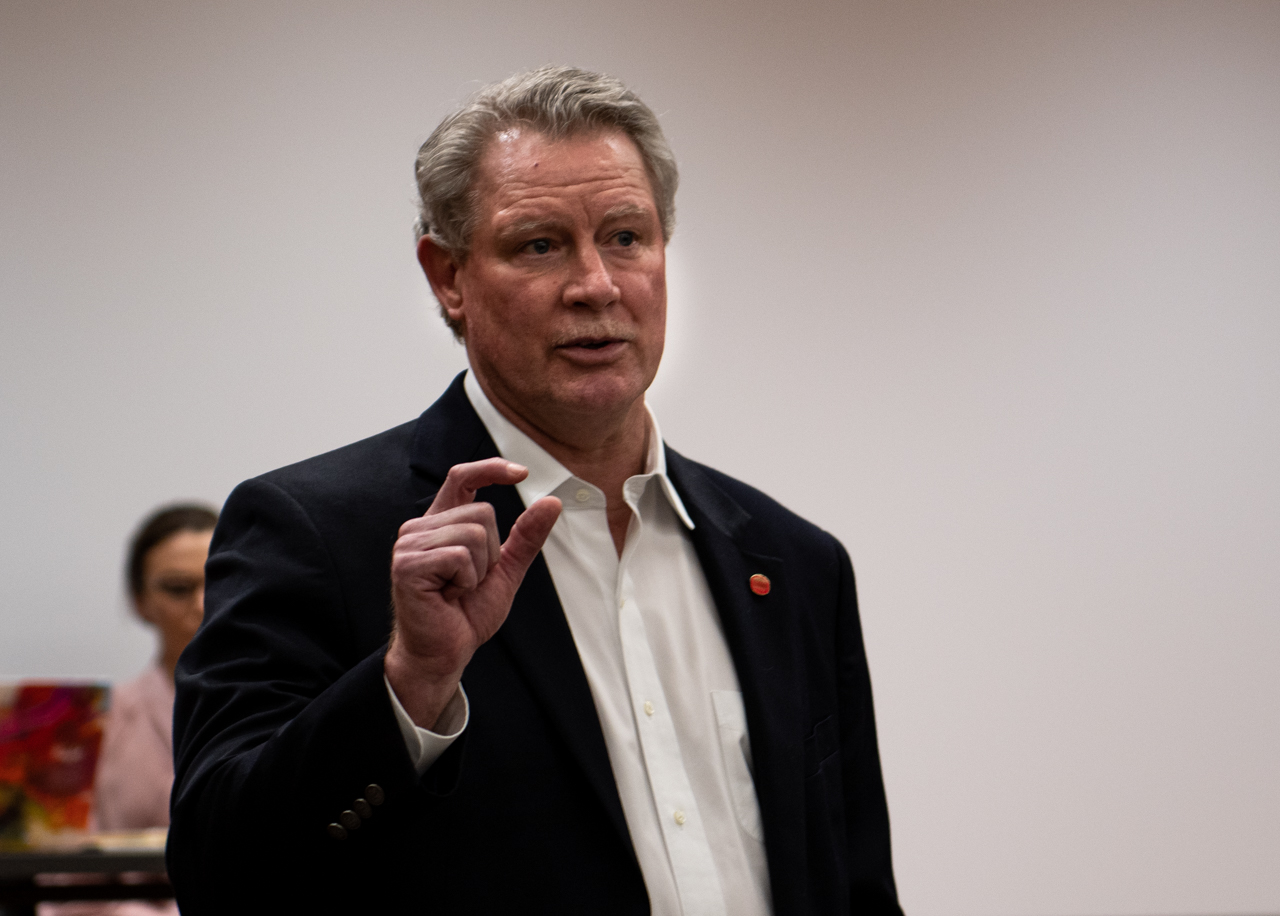Chancellor Glenn Boyce addressed the university community again on Monday in an email regarding the relocation of the Confederate monument. This statement echoes Boyce’s previous email that was sent after the Institutions of Higher Learning Board of Trustees (IHL) struck the monument relocation from its January meeting agenda.
“We’re committed to working with the board to accomplish our goal of relocating the monument,” Boyce said in both the January 16 and February 17 statements.
Provost Noel Wilkin committed to transparency from the university regarding the monument at the Provost forum in September. Since Boyce took over as Chancellor on October 13, 2019, all updates on the monument have come from the office of the chancellor.
Boyce said the university is working on the progress report the IHL requested regarding the Chancellor’s Advisory Committee on History and Contextualization (CACHC) recommendations.
“Once complete, we will provide the board with this report, which is required before we can re-submit our relocation proposal for future consideration,” Boyce said.
The chancellor also expressed his sadness about the recent death of John Neff, associate professor of history and member of the CACHC. Two members of the CACHC have died in the past year, Neff on January 30 and David Sansing, professor emeritus of history, on July 6, 2019.
Sansing and Neff both did extensive work to contextualize the various Confederate symbols on campus. They both, along with the majority of the eight other CACHC members, signed the CACHC’s letter endorsing the Associated Student Body’s resolution to move the Confederate monument in 2019. Neff also contributed to conversations about the removal of the Confederate monument in the Square.
“It is plain to us that the Confederate monument does not represent the values espoused in the university’s creed,” the letter read. “Its prominent location at the entrance to our campus, moreover, suggests that we continue to embrace Confederate ideology.”
Sansing was considered an expert in university history. His book, “The University of Mississippi: A Sesquicentennial History,” is still used at the university today. Anne Twitty, CACHC member and associate professor of history, called him the “Wikipedia page on the University of Mississippi” after his death in July 2019.
Neff came to the university in 1999. He was an expert on the Civil War and established the Center for Civil War Research in 2009. The center focuses on studying Civil War documents and helps fund graduate research.
Boyce offered his condolences and said that Neff’s death will have an impact on the progress of the report.
“(Neff) played an integral role in the work of the CACHC and the ongoing efforts involving the cemetery and our plan to relocate the monument,” Boyce said. “His loss will require some adjustments to maintain progress, but we remain committed to continuing this work in no small part to ensure that we honor his memory and dedication to this important matter for our university.”
















